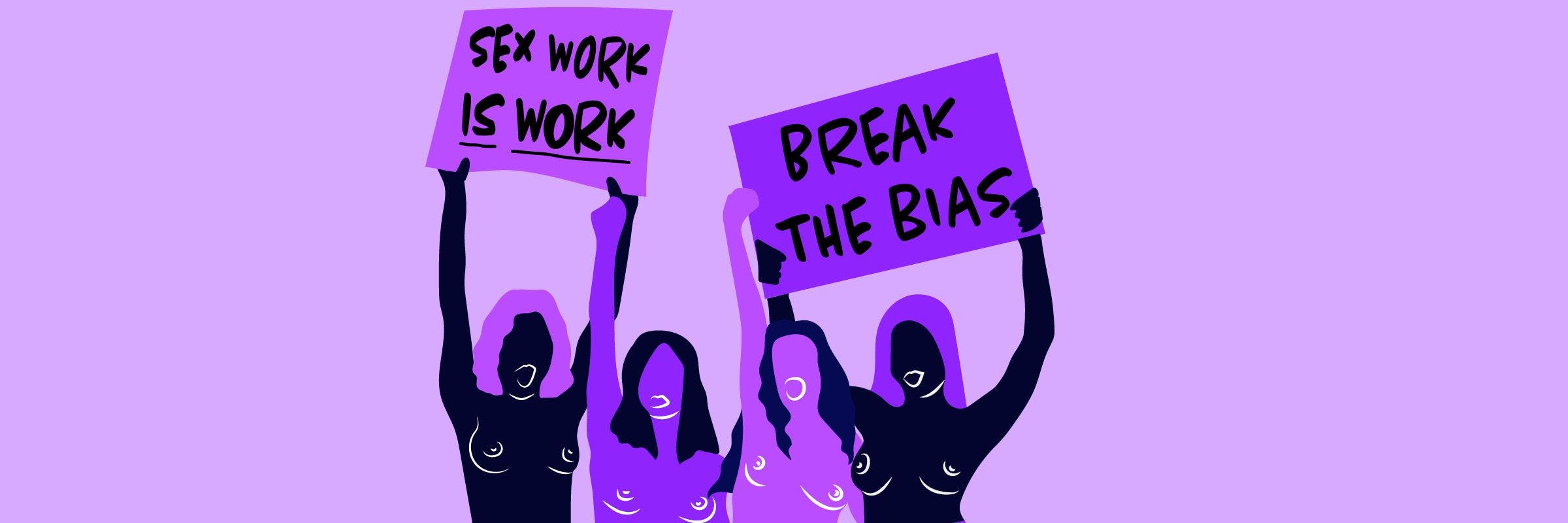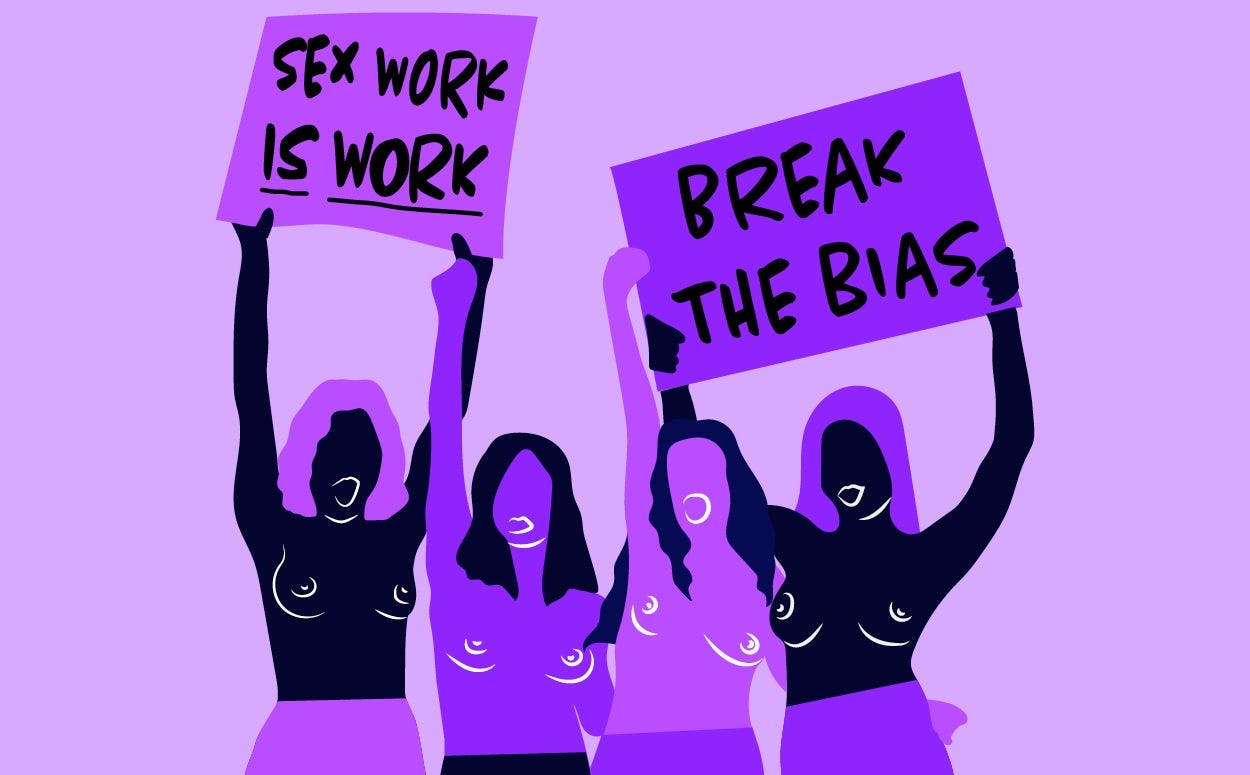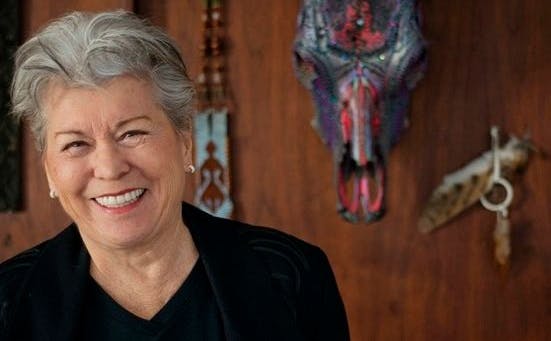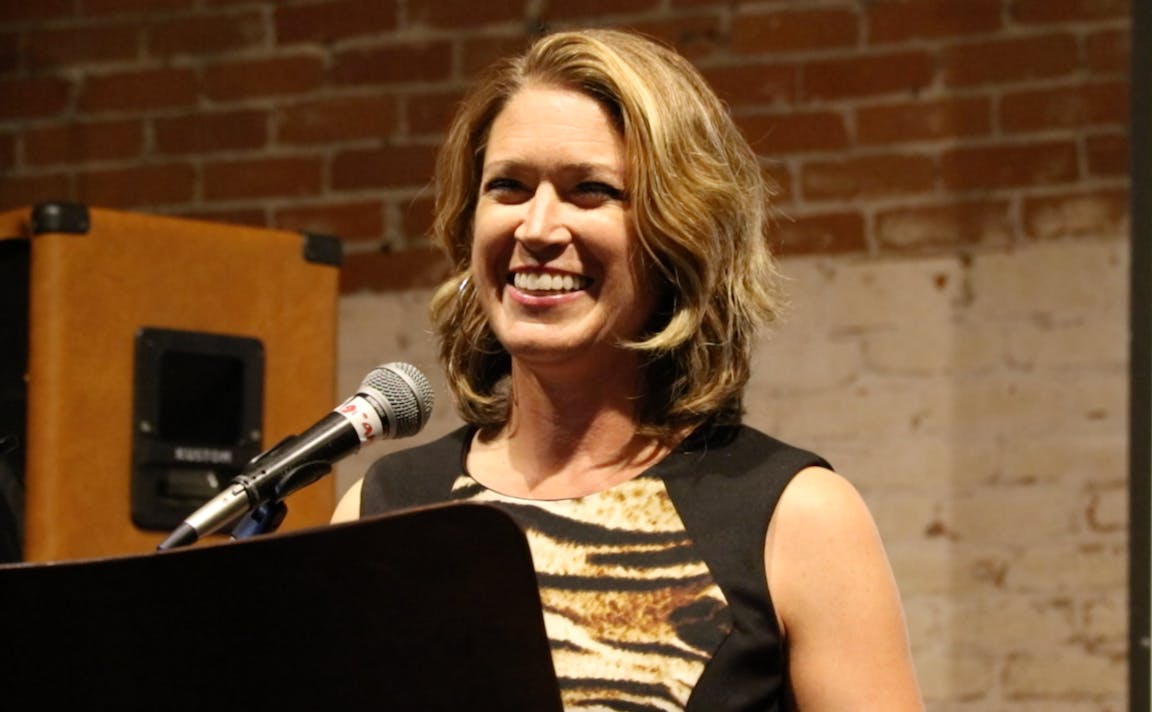

Sexuality and sex work: how we can break the bias & empower women
Sexuality and sex work: how we can break the bias & empower women
March 8th is International Women’s Day, a day of observance to celebrate all the different achievements of women worldwide. This year, the global theme is “Breaking the bias”, calling for a world free of bias, stereotypes and discrimination. On this Women’s Day we reflect on the many biases and discriminations women suffer—even at the hands of other women. In order to fully promote the empowerment of all women, it is time that women, especially self-proclaimed feminists, break their biases on sexuality and sex work.
It is difficult to summarize or generalize the women’s rights movement, considering women make up half of the world’s population. The general theory behind feminism and women’s rights would simply argue that women deserve to have the same opportunities and treatment as their male counterparts. However, not all women around the world are alike. Not all women have experienced the same problems and oppressions, nor do they all have the same needs and interests. This is one of the many reasons the women’s rights and feminist movements have been so different and even divided, throughout history and the world.
Each feminist movement has come with a series of pushbacks and complaints—often times from women themselves who most likely didn’t agree with the movement because the priorities and messages didn’t apply to them. We can therefore agree to disagree- not every feminist movement will be ideal nor global, because women have different realities and experience their oppressions differently.
Empowerment is defined as the process of becoming stronger and more confident, especially in controlling one’s life and claiming one’s rights. We know that women’s rights heavily depend on where they live. These can range from labor rights, sexual and reproductive health rights, to even basic human rights. Culture, religion and society have a strong role to play in how women are treated, and subsequently what privileges or oppressions they face. There is no one-size-fits-all approach to women’s rights and gender equality: each unique context determines current realities. What is denounced as radical feminism in some parts of the world can be considered as basic human rights in others. It therefore goes without saying that empowerment is subjective- as the process of claiming one’s rights vastly depends on their context.
Despite the strong effect society has on determining norms, people are constantly challenging their surroundings in disagreement. This is partly due to personal agency; a term used to describe an individual’s capacity to make their own choices without the influence of their environment. We have proof that personal agency is real; people, and in particular women, can disagree with the norms and roles that have been assigned to them, and can make decisions without the influence of societal norms. Women have demonstrated to be able to determine their dignity and self-worth, and not let themselves be solely defined by the expectations of their environments.
Throughout history women’s sexuality has been tabooed, undermined and ignored. Women have not had the same access as men to discover sexuality and pleasure, most likely due to their global inferior statuses in patriarchal societies. Studies show that on average women start masturbating and orgasming at ages much later than men. Even for those women who have begun masturbating and orgasming, the frequency is much lower compared to men.
It is normal that in a world that has profited from women’s oppression, many women are still uncomfortable with sexuality. For so many women in this world, sex has only been accessible thanks to society’s obsession with reproduction and motherhood. However we know that this is no longer the case. We know that sexuality is a normal part of humanity, and that it doesn’t simply exist for the sake of reproduction. Sexuality can be a way of connecting with one’s body and gender identity. It can provide pleasure and happiness; orgasms release serotonin and have been proven to reduce anxiety and depression.
Of course it is true that for many, sex can be painful, traumatic, and non-pleasurable- and we can certainly respect that. But we must also respect those women with personal agency that have finally had access to discovering their sexuality and enjoying it. Beyond that, profiting and making a living out of something you enjoy is extremely empowering- and this is why me must stop discriminating against sex workers.

"Sex work has changed my life. In a time where I struggled from the trauma of many sexual abuses, sex work gave me the space and to re-educate my body, brain, and spirit. I learned about power, social skills, boundaries, limits, pleasure, touch and empowered myself to heal from the traumatic events I endured in the past. I've never felt healthier than I do now, now that I've embraced my sexuality." - Tula Vida, Sex Worker and XConfessions Performer
It baffles me that in the 21st century there are still women calling themselves feminists yet speaking on behalf of other women- telling them what they should be doing or how they should feel. On this Women’s Day, it's time for women to also break the biases they have against other women. It’s time to trust women’s agency and allow women to make personal decisions about their lives without any judgment. In order to be able to dismantle the patriarchy and achieve gender equality, women need to respect other women, even if we don’t personally agree with what they do. For some women, wearing a hijab is empowering, for others, wearing make-up is. Even if these have been established under the scope of patriarchy—women have been able to deconstruct the sexism attached to them and turn it into something personal and empowering. And the same applies to sexuality and sex work. We have to accept that for some women, sexuality is important, sex is liberating, and sex work is empowering.

GET A FREE MOVIE










